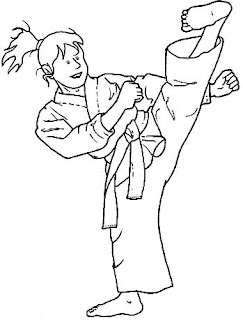If you connect with me on Facebook, or if you read my "Shorties" posts (at mayeralston.nett), you followed my recent drama over "losing" my novel. Basically, I spent hours in revisions, stupidly didn't back up my work, then synced my novel with another app to make it accessible on all of my devices and easy to make changes on one device and have it show up on the other.
Of course I lost everything.




